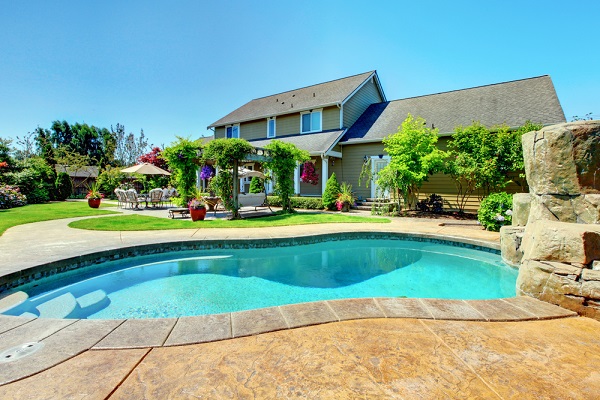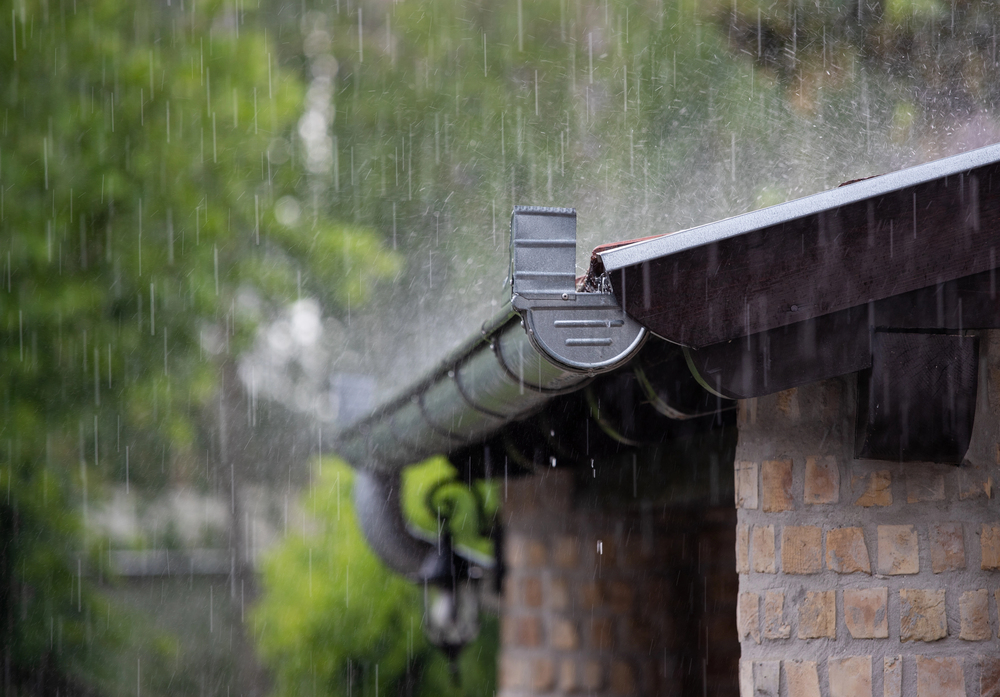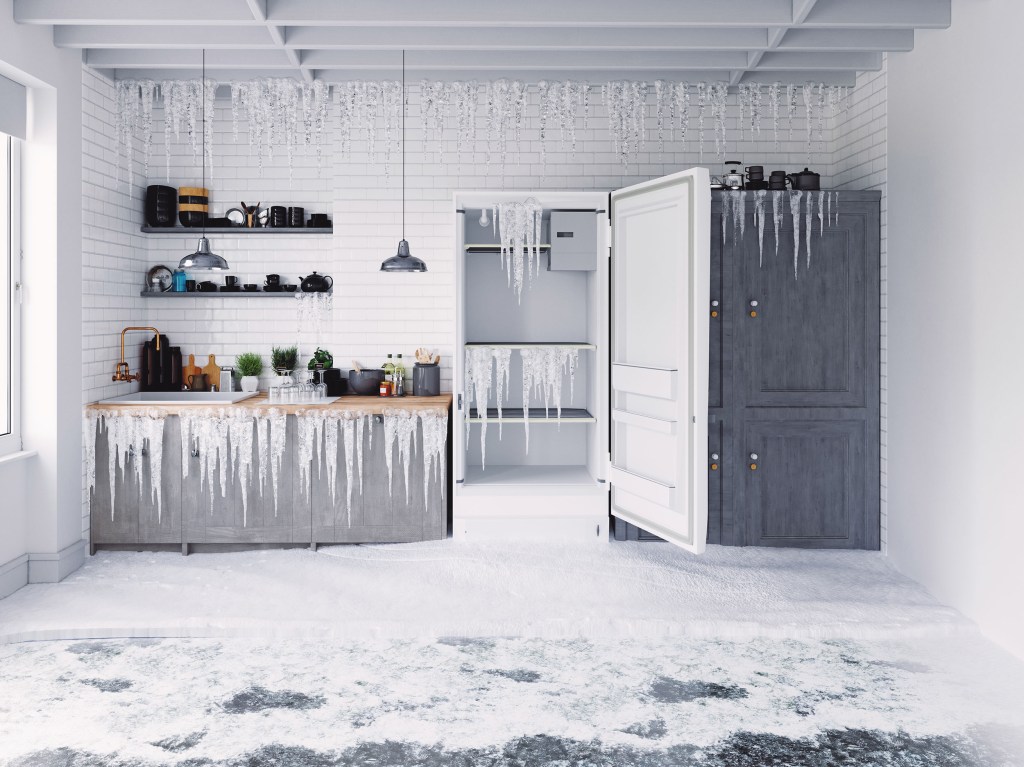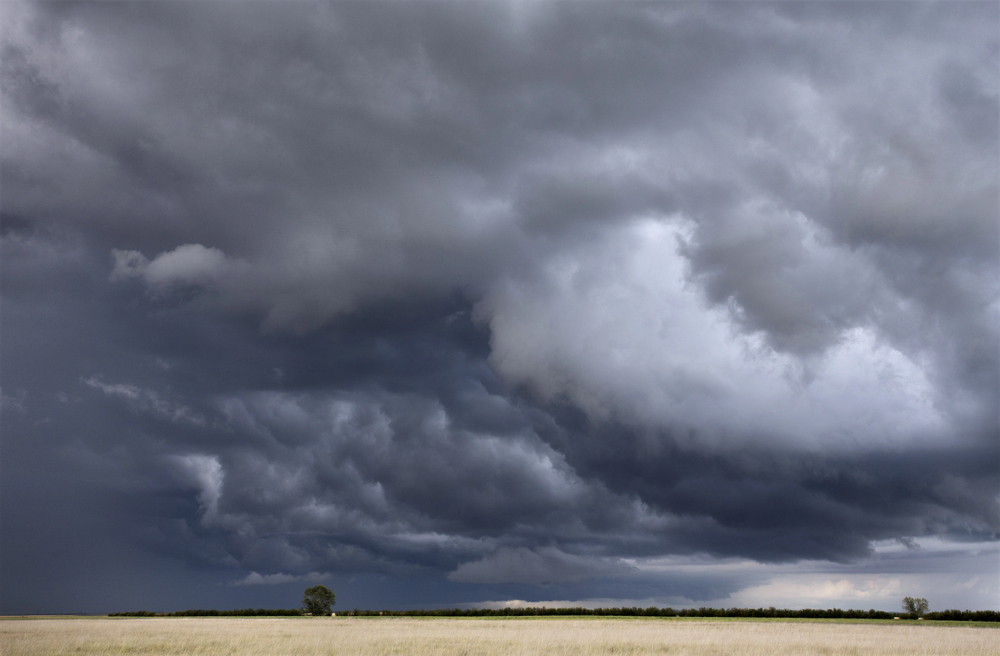Complex Home-Usage Patterns Illustrate the Need for Educated Agents

By: Will Jones
As coronavirus forced homeowners to stay indoors and at home, it added yet another layer of complications to homeowners coverage among already complex and ever-changing home-usage patterns.
In particular, cybersecurity topped the list of concerns as businesses and homeowners scrambled to ensure their work-from-home practices were airtight. However, as the pandemic begins to subside, the focus returns to another type of uncertainty: insuring the complex use of homes.
For example, “an insured has a secondary seasonal home that they go to once a year but sometimes rent it out on a short-term basis for other parts of the year. But this year, they’re not going to rent it out,” says Ty Harris, founder and CEO of Openly, a standalone homeowners InsurTech.
Or, “an insured has a home that’s under construction and when it’s done, they’re going to turn around and sell the home,” Harris says. “But then it turns out the insured does live there because they couldn’t sell the home as quickly as they thought.”
“We get a lot of questions from agents around what is and isn’t covered,” he adds. “And a lot of the scenarios that we see are around complex usage patterns and being able to find a product that fills all of the gaps.”
It’s nothing new, but the sharing economy continues to blight the insurance industry with coverage gaps and “there’s definitely some gaps in the short-term rental exposure,” says Jerri Gallatin, area president—western region, Personal Lines, RPS.
One of the many examples of the sharing economy outgrowing a standard insurance product is Swimply, an online platform for pool sharing that connects owners of private pools with people looking to rent one. “I’ve been getting inquiries asking, ‘Do you have coverage?’” Gallatin says. “And I can tell you that a homeowners policy is not going to provide coverage for that type of exposure, obviously.”
“I’m not saying that the insurance industry is lagging behind, but I don’t have a market that’s going to just write liability for that,” she says. “We already have pool liability issues in general without having to rent out your pool.”
Meanwhile, even without the pitfalls of the sharing economy, homeowners can benefit from independent agents’ expertise because many do not “understand the importance of having additional liability covers,” Gallatin says. “Maybe the current homeowners coverage they have is for $500,000 or $1 million but they don’t realize that they can’t add it to an existing umbrella they currently have or go to the excess marketplace and find excess liability coverage.”
“It’s really hard to sell that coverage because the insureds think it’s just an added premium or added costs, but I think it’s important for agents to be educated on it and try to stress the importance of it,” she adds.
“Agents need to be out there talking to customers directly,” Harris says, asking questions like, “Are you using your home differently than you did three months or even three weeks ago? Are you occupying your vacation home now? Or is it effectively vacant?”
“Do you have a fixer-upper that you were going to flip and now you’re stuck with it? Or maybe you’re working from home and suddenly you potentially have first-party and third-party exposure,” he adds. “We are seeing that kind of stuff happen all the time. People are using their homes differently than they were before.”
Will Jones is IA managing editor.
For more resources see the Big “I” Virtual University article COVID-19: Are There Any Weird Homeowners’ Coverage Exposures?










